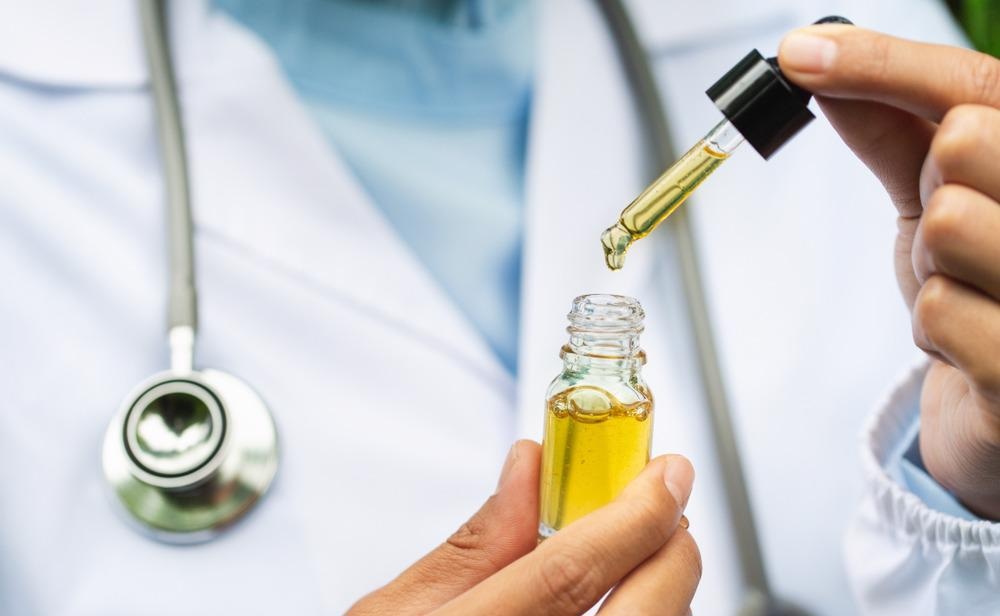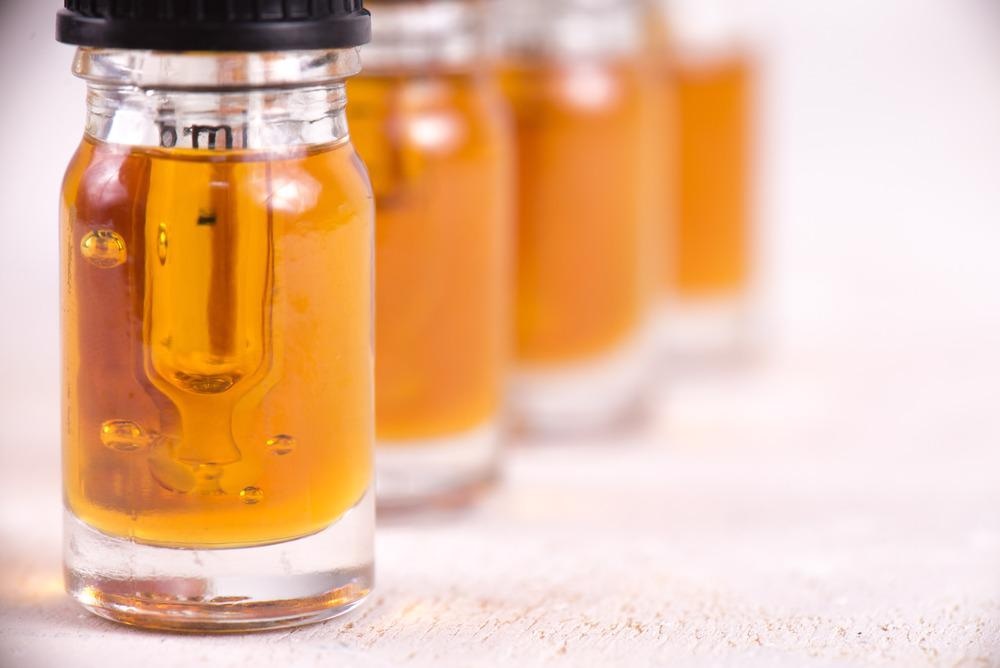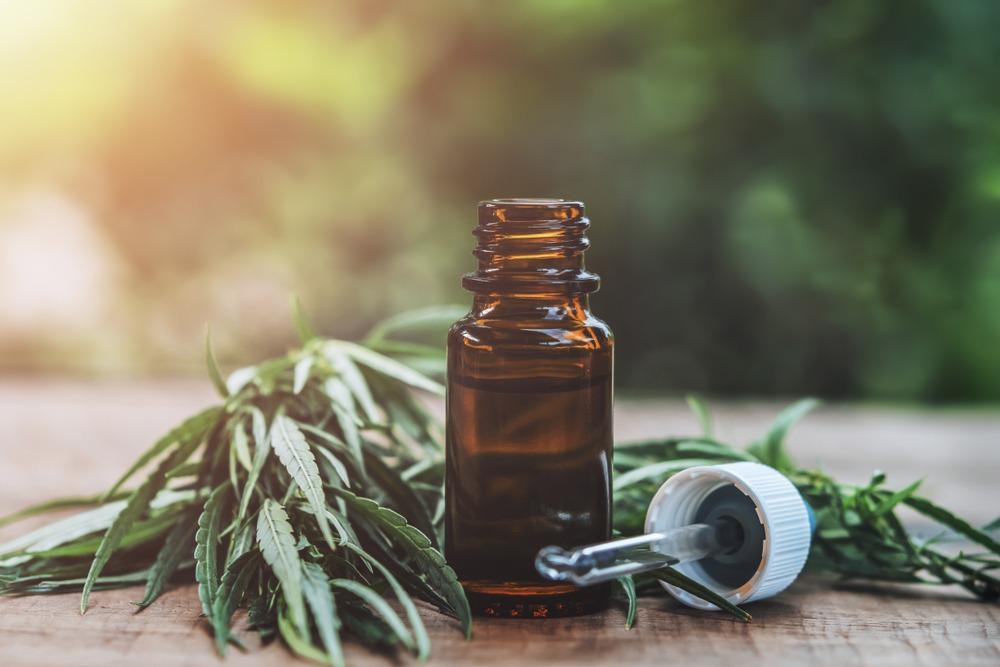Written by Conor Corrigan, Applied Extracts
For a myriad of reasons, simple in-house analytical testing for medical and recreational marijuana labs should be required but is not. In an industry where analytical results are everything, surprisingly few production labs perform testing themselves, and it is a serious problem (unsurprisingly).

Image Credit: Shutterstock/Tinnakorn Jorruang
Aside from the obvious health-related risks of not testing products that are ingested in food/medicinal products, there are also risks to business bottom-lines. In-house deficiencies in testing lead directly to losses in revenue & COGS and can be costly and/or catastrophic to the business.
For readers not familiar with this cannabis & hemp processing niche, imagine the controls that are in place & the transparency-in-results that your typical packaged foods producer enjoys. Extensive testing is performed at all stages of food production: intake of raw materials, extraction equipment calibration, mixing & formulation, finished product QA/QC evaluations, and at many points in-between.
Extensive testing is conducted in part because the FDA requires it, but also because these controls & testing requirements are beneficial to consumers. The business owner gains valuable insight into product integrity, consistency, and safety – all things that help build a powerful brand, minimize certain aspects of the costs associated with production and maximize efficiency.
Here are some typical junctures at which all cannabis & hemp processors ought to be (but often are not) testing their raw materials, processed goods, and finished products:
- Receiving flower/trim from a supplier (raw materials)
- After crude extraction (mid-process)
- Post-distillation bi-products (late-stage)
- Finished/Final product for sale/wholesale
As of February 2021, internal testing for hemp & cannabis processors is not federally required, and States all vary in their requirements. There are zero federal requirements at all. There is no federal oversight whatsoever (therefore no FDA oversight). In-house testing of pesticides, heavy metals, and residual solvents are required by states with programs, but with high variance scope & enforcement (between states).
In all states, all official tests (used for product labeling, marketing, and analytics) must be conducted by an ‘objective third party’ (a dedicated testing lab). I’ll explain why this is, was, and will continue to be problematic.
Objective Third Parties are not Objective
The 3rd party testing landscape within the cannabis & hemp space is slow, expensive, and unreliable. Below I will provide three examples of 3rd party testing failures that speak to the issue at hand.
It is my assertion that the reason for most of these failures is that the labs are incentivized to provide favorable results for their customers, which is in direct conflict with consumer health & safety. “Bad results” for a customer (cultivator or processor) simply lead to the customer taking their samples to another lab, and so-on. The testing labs that should be objective are indeed not objective.
Here are real-world scenarios that help us understand the problematic nature of 3rd party testing labs:
Sequoia Analytical Labs (California)
This accredited, licensed third-party testing lab lost its license after a California State inspection discovered that product testing results were falsified. Over 700 COAs (Certificates of Analyses) were found to have been falsified. This discovery, aside from having the lab’s license revoked, caused product manufacturers to have massive product recalls, requiring processors and distributors to pull products off shelves.
Ionic, Small Batch Cannabis Oils (Washington State)
This specialty producer of premium cannabis oils (mainly vaporizer oils) was found to be distributing cannabis oils with ALMOST FIVE TIMES the legal threshold of banned pesticides. Ionic themselves admitted that they had ‘mislabeled the products’. Not only is this scary from a consumption perspective, but these oils were also tested (by a third party) prior to distribution.

Image Credit: Shutterstock/Roxana Gonzalez
It was the great work of one of Washington’s retailer Uncle Ike who has taken it upon themselves to re-test the products on their shelves. As of December of 2018, Uncle Ike had discovered on three separate occasions (three random tests) that found products on their shelves failed to meet the state’s testing standards.
Nature Scientific Reports (Washington State)
This report published an in-depth research study with regards to the variability between accredited 3rd party testing agency results. The researchers wanted to understand why there was such a high variance between testing labs/results, with regards to potency, overall cannabinoid content (potency), and chemotypes.
When analyzing flowers and concentrates, the researchers found that there were drastic differences between the values of both THC and CBD content reported by laboratories across Washington State. THC potency variance was found to be +/- 6% for the same sample. This variance is just one example of what the researchers termed as ‘evidence of systematic characteristics within Washington labs that repeatedly skew cannabinoid analysis results’.
In-House Knowledge is Power
Clearly, oversight by the FDA is needed to ensure the same safety standards that legal food & drug-makers are held to. But beyond safety for consumers, it makes business sense as well.
Producers of products will be selling & advertising based on the results of 3rd party testing agencies. As described above, 3rd party testing results are highly problematic. This is why bringing as much testing in-house is the right thing to do for consumers, but also for product makers businesses. Access to results in-house will impact the profitability of all manufacturing businesses. Product-makers will save time and money having real-time results regarding the constituents of materials, equipment, and finished products.
Rather than sending samples to 3rd parties asking: “tell me what I have”, the conversation instead becomes “please validate my testing results”.
Instead of sending a sample of your material to a 3rd party for testing and asking: “Please tell me what the cannabinoid content of my extract is”.
With basic in-house testing, the conversation becomes: “I tested this material, and I got a reading of 18% THC and 2% CBD by weight. Please validate”.
Imagine you are a producer. Which conversation would you rather have?
Capital is Scarce – Keep it Simple
If there was a piece of analytical equipment that was a “must-have” for any processing lab, it would be an HPLC (High-Performance Liquid Chromatography). It will save the processor Time & Money.
I estimate that 70%+ of analytical tests performed on flower & concentrates are potency tests. All you need is an HPLC. Potency tests by 3rd parties (aside from being unreliable) are anywhere from $75-$250 PER SAMPLE (varies by results response time).
Learning how to use an HPLC requires training and time – just as anything else does – but extraction labs can expect to be up-and-running with an HPLC in less than 3 days.
The financial benefits are immediately observed by processors. With an HPLC, processors are able to test for the cannabinoid content of flower, crude oil (mid-extraction), distillate (post-extraction), as well as any raw materials in-house. Being able to do these tests impacts production efficiencies, material analysis, as well as finished product integrity.

Image Credit:Shutterstock/lovelyday12
What is the cost of investment to get an HPLC? Do you need a new instrument with “bells and whistles”? Not at all – used units are perfectly fine. Used HPLCs can cost as low as $8,000-$10,000 but buyers need to beware of internal components. To get a refurbished HPLC from an accredited distributor, buyers should expect a cost between $15,000-$25,000, which includes training, installation, and at least a 1-year warranty. These accredited refurbished machines contain brand new internal components (such as the column and media). Brand new HPLCs can cost as much as $40,000-$60,000 but are unnecessary for the scope discussed here.
Whether processors are interested in getting a new machine or a used HPLC, the costs can quickly be recouped by saving time, money, and risk mitigation. Again, if a heavy majority of tests are done to determine potency, the purchase of an HPLC can dramatically impact integrity, insight, and control over your own data.
Applied Extracts Expertise
At Applied, we are experts in the extraction, refinement, formulation, and testing of materials in your processing lab. Our experience in the manufacturing of equipment & development of SOPs is extensive. Our background in Research & Development is led by Dr. James White, PhD.
We can help you identify reputable sellers of HPLCs. Contact us today for a free consultation and to arrange a personal meeting.